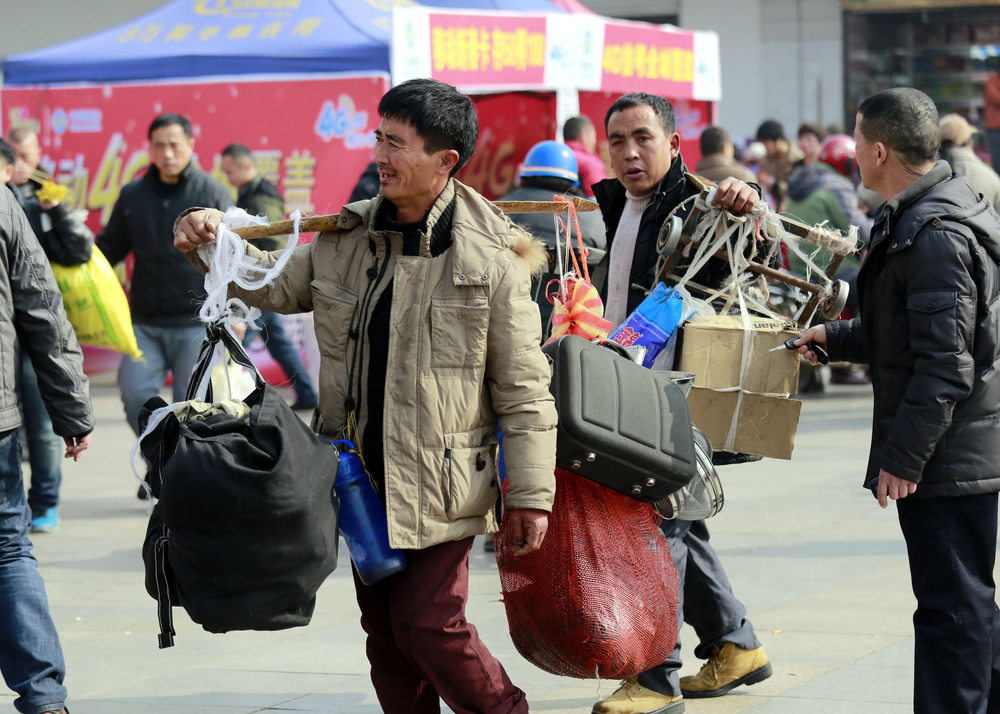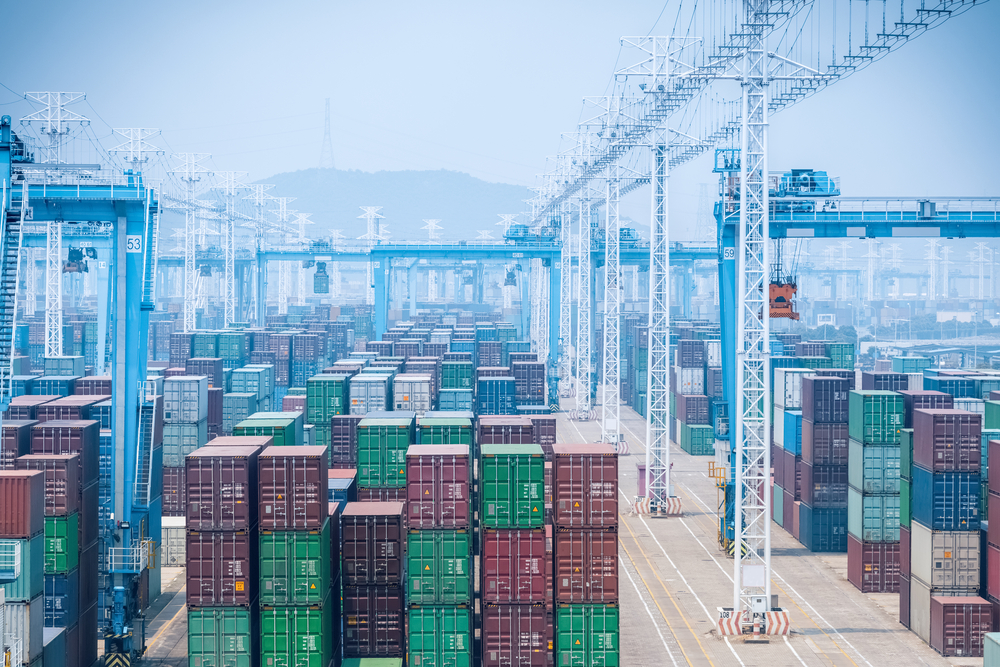Overhauling China’s hukou system: Property and economic transformations ahead
China’s hukou household registration system has existed since the Mao era. Yet reforms may accelerate internal migration with significant impacts on property and the economy

Reading the tea leaves on reforms to China’s pervasive hukou, or household registration system, has become a science in recent years. And it’s an imperfect one at best.
In May 2017, the respected East Asia Forum reported that China was “going nowhere on hukou reform”. Yet by October of 2020, China’s state-run English-language broadcaster CGTN reported the system had in part been “abolished”.
News articles predicting the demise of the hukou system have become routine. And so have been those announcing the opposite.
Reforms of this complex system have moved at a glacial pace. However, recent indicators point to this process speeding up in economically significant areas of the country.
Reforms impact migration patterns, with knock-on effects for real estate and the economy since the hukou system determines where China’s 1.4 billion people receive health insurance, send their children to school, and buy a house.
This is especially true amid enduring recent challenges, including the liquidation of property giant Evergrande Group in January following 5.2 percent GDP growth last year, China’s worst economic performance outside of pandemic lockdowns in over three decades.
In August last year, the powerful Ministry of Public Security, which oversees the bulk of China’s police force, announced orders to local governments to cancel hukou restrictions in cities with fewer than three million people, and to relax controls in those with between three to five million people.
That means China’s 23 largest cities, including Shanghai, Shenzhen, and Wuhan, would not be impacted. That’s no small thing, given these cities account for about 220 million people. But that still leaves about 85 percent of the country’s population in smaller cities and rural areas.
Around the time of the announcement, two of China’s three richest provinces issued plans to scrap hukou restrictions entirely outside of their largest cities. Zhejiang’s regional government said it would do so in all areas apart from Hangzhou, meaning the large port city of Ningbo and its population of nearly four million people would allow migrants free rein in terms of registration.
In Jiangsu, only the major cities of Nanjing and Suzhou would be exempt, according to similar plans. Both cities have become among the largest migrant worker hubs in the country for tech, pharmaceuticals, electric vehicles, and other industries, ranking among the richest per capita in China, according to official data.
“China’s 300 million migrant workers tend to spend less than their urban counterparts due to the need to save for retirement, healthcare, and school expenses for children,” says David Zhang, a macroeconomic policy and property sector analyst at Trivium China, a policy intelligence advisory based in Beijing.

“Granting them urban hukous could unlock trillions of yuan in savings, delivering a substantial boost to domestic consumption just as authorities are increasingly looking inward for growth impetus.”
Amid recent economic woes, the chorus of support for hukou reform appears to be getting louder. In September, former central bank governor Yi Gang wrote a policy advisory calling for an end to household registration red tape.
In December, two anonymous hukou government policy advisors told Reuters that although hurdles to reforms remain, including internal government disagreement, smaller cities across the country were keen to scrap household registration restrictions in part to clear excess housing inventory.
“More substantive hukou reform will be key to bolstering demand for millions of unoccupied urban apartments,” says Zhang of Trivium China.
The debate over China’s hukou has come amid a housing crisis in China following the onset of the Covid-19 pandemic. In the long term, China is facing a shift away from the significant property appetite witnessed before the recent slump, when wealthy and ordinary Chinese alike viewed the sector as a surefire investment and key to generational wealth.
In February, the International Monetary Fund warned China was facing a structural recalibration in which real estate investment was expected to fall between 30 and 60 percent in the medium term, with only a partial rebound thereafter.
“Sales have fallen amid homebuyer concerns that developers lack sufficient financing to complete projects and that prices will decline in the future,” says the IMF, which described China’s housing downturn as among the worst anywhere in the world over the past three decades.
Reforming the hukou system is undoubtedly crucial for cities to attract talent, boost permanent populations, and stimulate housing demand
Now into its fourth year, the slump has shown few signs of improving thus far in 2024 as the central and regional governments have implemented a raft of policy-easing measures, including household registration. In January, average house prices in the country’s 70 largest cities fell for the eighth month straight.
China’s property market problems have become “self-fulfilling”, with buyers convinced they must wait and see amid concerns of indebted developers, in turn furthering the deterioration in business at these same companies, according to a research note by Macquarie Group in January.
The same month, another of the country’s largest developers, Country Garden, announced contracted sales halved last year and were down 70 percent to CNY6.91 billion (USD972.8 million) in December, suggesting its financial problems were accelerating following a debt default in October. Country Garden is among 50 Chinese developers to have defaulted since the housing crisis began in 2021.
China’s residential outlook remains “challenging” and is likely to require several years, including developer consolidation, as companies continue to fail before stabilisation becomes possible, says James MacDonald, head of Savills Research China, in a bleak near-term outlook.
“Reforming the hukou system is undoubtedly crucial for cities to attract talent, boost permanent populations, and stimulate housing demand. However, the most urgent challenge lies in restoring confidence in the short-term economic outlook and job prospects,” says MacDonald. “Without this confidence, many households may hesitate to make the substantial financial commitment of purchasing property in the near future.”
The original version of this article appeared in PropertyGuru Property Report Magazine Issue No. 183 on issuu and Magzter. Write to our editors at [email protected].
Recommended
Why everyone is moving to Selangor and Johor: Malaysia’s real estate comeback
Malaysia’s upturn in fortunes is especially prevalent in secondary destinations such as Selangor and Johor
Penang’s silicon boom: How the US-China tech war is supercharging local real estate
Penang’s booming semiconductor industry has created ripples within the local real estate sector
ARES White Paper Volume 2: Unravelling the power of data revolution in real estate
Insights on proptech, smart cities, and sustainable development
ARES Digital White Paper Volume 1 tackles the fundamentals of responsible building
Green and climate heroes join forces to discuss how Asia Pacific can weather the current environmental crises and the looming effects of climate change







